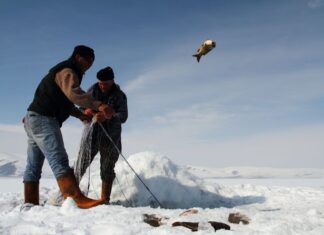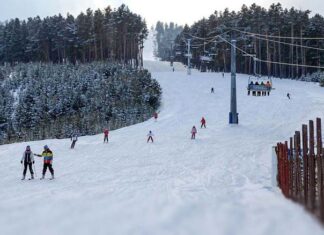Exploring the Upper Nile
No additional information about the distant parts of the Nile could I obtain from the priests or other inhabitants. To learn more, I traveled...
How the Sun Dries the Air in Egypt
In my view, it is also the sun that makes the air in Egypt so dry. As it passes over the land, it heats...
Gifts Sent by Croesus to the Oracles
These were the great offerings that King Croesus sent to the oracle of Delphi. He believed strongly in the power of the gods and...
Croesus Honors the God of Delphi
After receiving guidance from the Delphic oracle, King Croesus decided to honor the god Apollo with an offering of great richness. He believed that...
The Message of the Oracles
The Lydians carefully wrote down the words spoken by the Pythoness, the priestess of Apollo, at the famous oracle of Delphi. She gave her...
New News Reaches Croesus
After two long years of deep mourning for his son, Croesus slowly returned his attention to the world around him. At this time, important...
The Return to Sardis
Before long, the Lydians returned to Sardis carrying the lifeless body of Prince Atys. The sorrowful procession moved slowly, and behind them walked Adrastus,...
The Hunting Party Sets Out
After receiving all the promises and assurances, King Croesus finally allowed the group to depart. His heart was uneasy, but he trusted the words...
Important Cities Connected to Biblical and Ancient History
Many cities mentioned in the Bible and ancient historical writings played an important role in religion, trade, and culture. Several of these cities were...
The Cities Where Paul Preached
During his missionary journeys, the Apostle Paul traveled through many important cities of the ancient world. These cities were centers of trade, culture, religion,...












